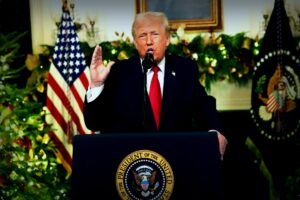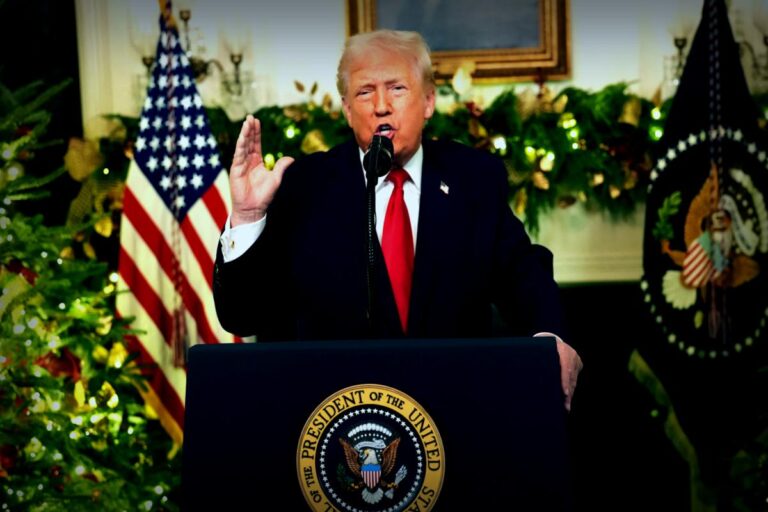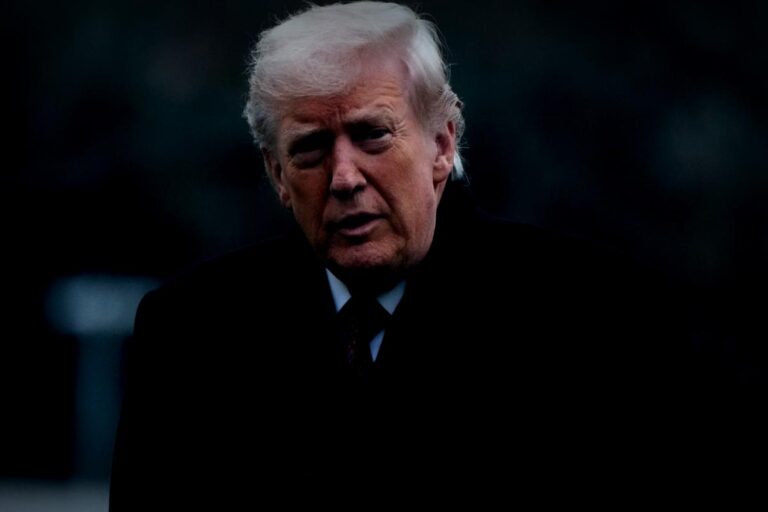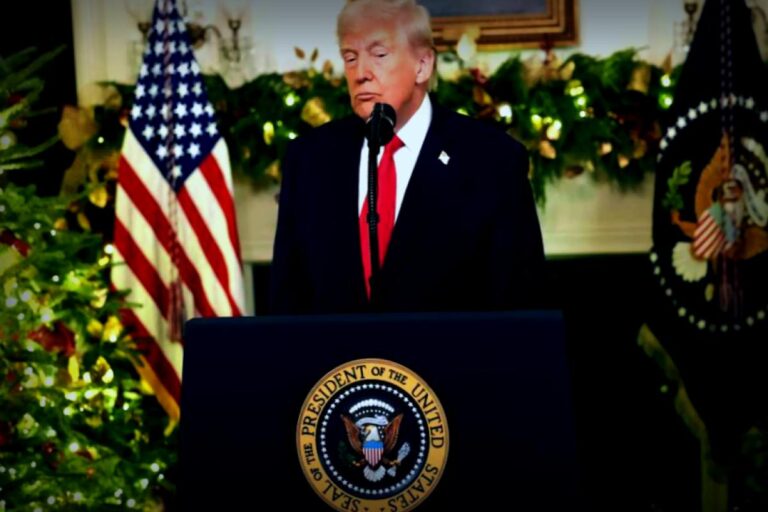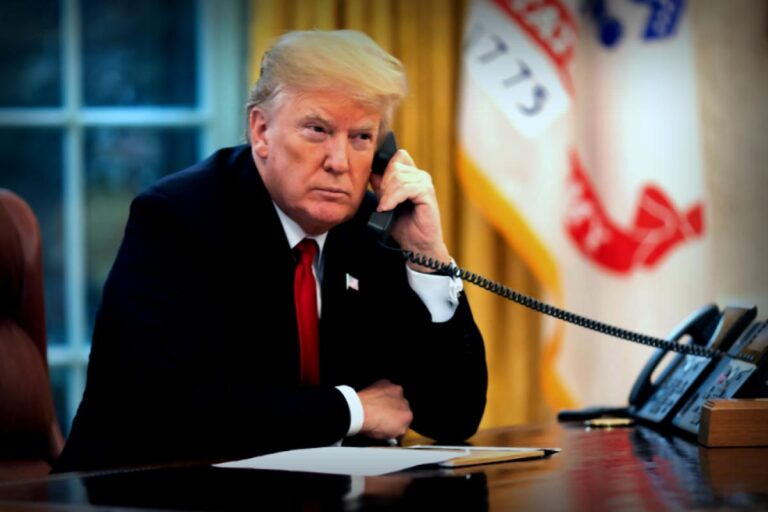Donald Trump’s recent agreement with Intel, which gives the federal government a 10% ownership in the tech giant, has stirred up criticism from Republican senators this week.
A spokesperson from the White House addressed the backlash, telling Newsweek that the administration is committed to ensuring taxpayers benefit from the government’s financial involvement in securing both national and economic interests.
What’s the Big Deal?
Last week, Trump unveiled the agreement with Intel, a chip manufacturer that has been facing difficulties in recent years. This level of government involvement in a private company is uncommon for a Republican administration and represents a departure from traditional conservative economic policies.
The objective of this deal is to bolster Intel, which has struggled after several setbacks, according to an Associated Press report. Yet, not all Republicans are on board with this plan, highlighting the difference in views between Trump and more conventional fiscal conservatives.
Key Takeaways
Trump shared details of the deal in a post on Truth Social on August 22.
In his post, he stated, “The United States paid nothing for these shares, and they are now worth about $11 billion. This is an incredible deal for America and for INTEL. Producing cutting-edge semiconductors and chips, which is what INTEL specializes in, is critical for our country’s future. MAKE AMERICA GREAT AGAIN! I appreciate your attention to this matter.”
Republican Senator Rand Paul from Kentucky, known for his fiscal conservatism, voiced his discontent regarding this deal on X, questioning, “If socialism means the government owning the production means, wouldn’t this move make government ownership of Intel a step toward socialism? A terrible idea.”
Also, Senator Thom Tillis from North Carolina expressed reservations about this agreement during a conversation with journalist Major Garrett.
“It could be a dollar or a billion-dollar investment, it starts looking like a semi-state-owned enterprise, reminiscent of the CCCP. I don’t think the U.S. government should be deciding the winners and losers because you won’t always get it right,” he commented.
He further questioned how this aligns with true conservatism and genuine free-market capitalism.
“Do people really think that any opinion other than the administration’s will matter in future board discussions?” he added.
In contrast, Senator Bernie Sanders from Vermont, who aligns with the Democrats, defended the deal in his statement.
“If microchip manufacturers earn profits thanks to the generous federal grants, then American taxpayers deserve a fair return on that investment,” Sanders stated.
The stake the U.S. government is acquiring comes from converting $11.1 billion in previously issued funds and contributions. Intel pointed out that this arrangement will not give the government access to sensitive company information or representation on its Board.
Commerce Secretary Howard Lutnick countered some criticisms on Tuesday, clarifying that this is not socialism but capitalism. “If you provide someone with $11 billion—who is merely building in America. They aren’t doing something extraordinary, they are just building in America. Their CEO mentioned he didn’t need the grant, and we responded, ‘Well then, shouldn’t we get something in return for it?’ ” he stated during a cabinet meeting.
Public Reactions
Kush Desai, a White House spokesman, said to Newsweek: “The previous administration enacted laws that gave billions in grants emphasizing Diversity, Equity, and Inclusion, rather than taxpayer returns, to major semiconductor corporations. Now the Trump administration aims to secure that taxpayers enjoy the benefits of public investments while simultaneously promoting economic strategies like deregulation and tax cuts under The One Big Beautiful Bill to restore America’s high-impact economy.”
Intel’s CEO highlighted in an announcement: “President Trump’s focus on U.S. chip manufacturing is leading to historic investments in a critical sector that supports our nation’s economic and national defenses. We are thankful for the confidence the President and the Administration have shown in Intel, and we look forward to progressing U.S. technological and manufacturing innovation.”
Business leader and Shark Tank personality Kevin O’Leary mentioned on X: “The U.S. government is now taking part ownership in Intel, and I want to emphasize how much I disagree with this. America has prospered for over 200 years while the government kept its boundaries and the private sector attracted global investments and honored innovation. We allow unsuccessful companies to falter. That’s capitalism.”
Democratic strategist David Axelrod tweeted: “Back during the Great Recession in ’09, when @BarackObama stepped in and the government took ownership stakes in GM and Chrysler to prevent their collapse, the @GOP screamed ‘socialism!’ Now Trump requires Intel to provide a 10% ownership stake, and what does the GOP do? Silence. Zilch. Nothing.”
What’s Next?
Trump expressed to reporters at the White House on Monday his hopes for “many more such situations” like Intel in the future.
Note: This article was updated on August 26, 2025, at 3:25 p.m. ET.


